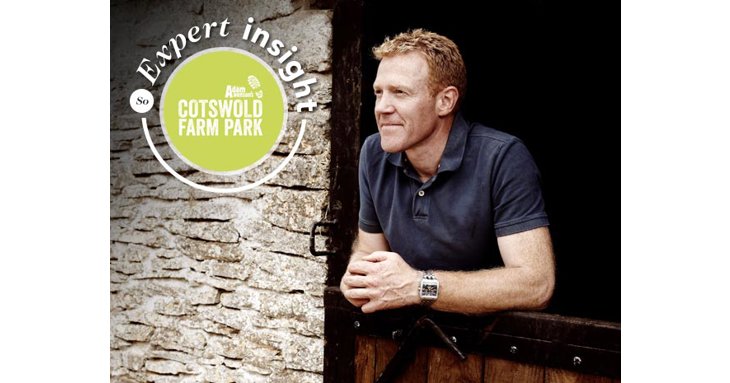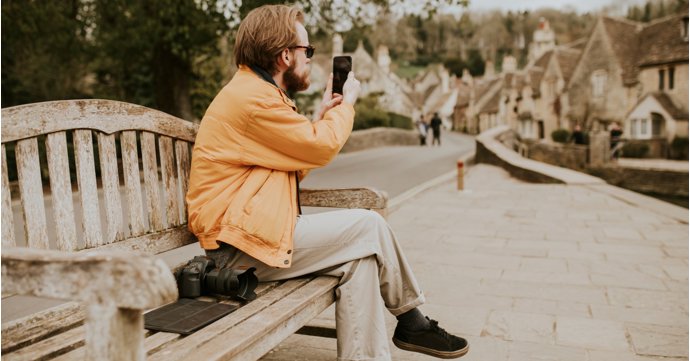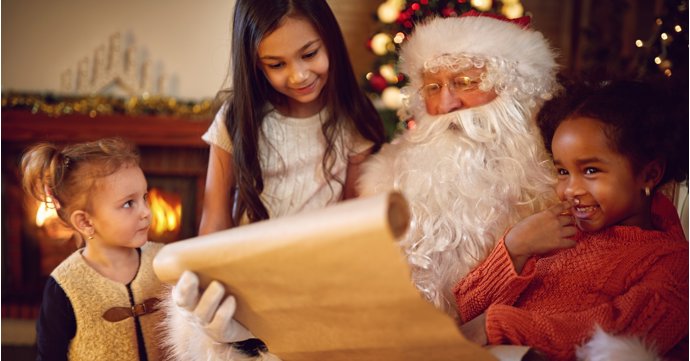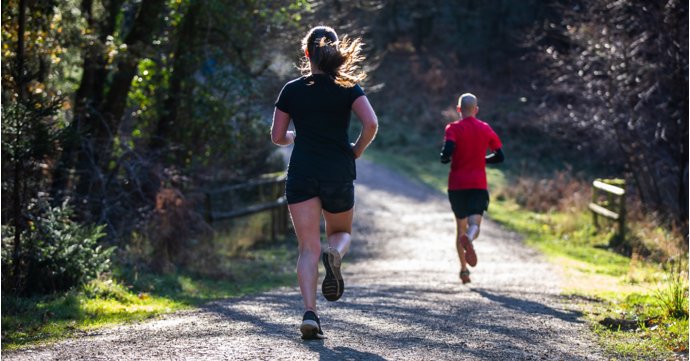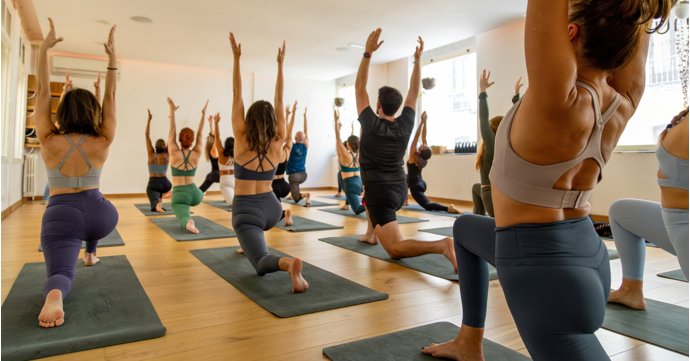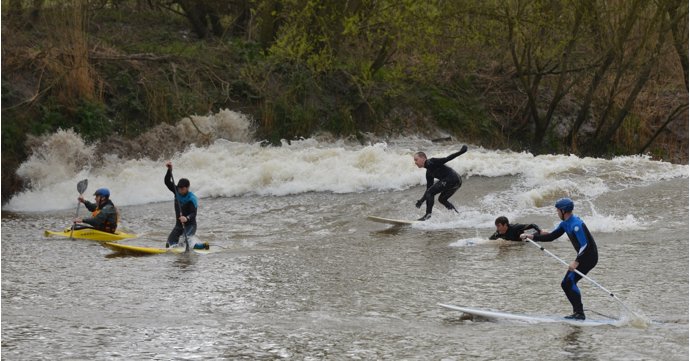The man who’s helping to make farming cool to a whole new generation is understandably, very busy! Not content with just operating one of Gloucestershire’s most successful family attractions in Cotswold Farm Park, Adam Henson appears on television screens around country each week in Countryfile, and also manages a 650-hectare farm!
Luckily for SoGlos, the UK’s best-known farmer found time in his schedule to catch up, discussing everything from Brexit to buying British, and why he’s not putting all his eggs in one basket when it comes to the future of his farm park.
For more information visit cotswoldfarmpark.co.uk directly.
People are often quite surprised that when they visit Cotswold Farm Park, you’re on site working. How much time do you get to spend on site these days?
It’s so important for me to still be on the farm. The television is just a bit of farm diversification really, so my passport still says I’m a farmer! But also, the Cotswold Farm Park is something my Dad started back in 1971, and I’m really proud to be carrying his legacy. I’m keen that it continues to grow and be successful.
When people ask me what I do to relax, it’s actually just coming to the farm park, meeting the guests, taking my dogs out across the farm. I really like being at home.
Diversification has been something pivotal to Cotswold Farm Park’s success. When did that process begin?
Back in the late 60s and early 70s, my dad (Joe Henson) had a collection of rare farm animals that he kept partly as a hobby – they were almost antiques on four legs that he felt needed preserving; but he needed to pay for his expensive hobby, so he decided to open the Cotswold Farm Park in 1971.
He’d seen zoos being successful and figured if people would go and look at zebras and lions, why wouldn’t they come and look at farm animals? His farming mates thought he was nuts! Back in the early 70s diversification hadn’t even been thought of, and farm tourism was something really in its infancy. So, he was a trailblazer, really.
Over the last few years my business partner Duncan Andrews and I invested heavily in the farm park to really drive the Cotswold Farm Park on, because we see it as such an important part of what we do.
It must be an uncertain time for the farm park. How do you think Brexit will affect the business?
There are definitely some challenging times ahead, but we don’t know how difficult that’s going to be. Certainly what we’re doing here is just trying to manage the risk. So, we’ve invested in Cotswold Farm Park as tourism is important for us. I’m also really keen to carry on my dad’s legacy conserving and preserving rare breeds. I believe there’s a future in British food production for animals with a history behind them, that can convert into good quality meat and milk.
Then with our commercial farm, we work very closely with our neighbour and we share the cost of the expensive machinery and we’re farming about 3,500 acres of arable.
We’re trying to add value in every area we can, so when it comes to our sheep we’re working with a Yorkshire-based bed company called Harrison Spinks, who are using our wool in their mattresses to move away from foam; our oil seed rape is pressed locally, and even some of our barley goes into a beer made by Butcombe Brewery. By not having all our eggs in one basket, if you’ll excuse the pun, it does spread the risk.
A lot of farmers are looking at their land as a resource and thinking what they can do outside of conventional farming. Life after Brexit could be quite tricky when it comes to traditional beef and dairy farms.
What are the biggest changes you’ve made recently at the farm park?
Talking to people about where their food comes from is something we’re very good at – people can see lambs being born, the chicks in their incubators, and the sows with their piglets… but as far as crops go we haven’t done a huge amount over the years. So, last year we introduced a potato patch which was hugely popular and it’s back for this September. We send people down with a fork and a bag and they can dig potatoes. It’s incredibly rewarding to kids, and adults actually! We don’t charge any extra for that either, it’s all part of the ticket price.
We’re also investing in the infrastructure. Last winter we doubled the size of our shop and restaurant; we increased the size of our campsite, and we’ve got a new animal barn. We’re putting a huge amount of effort, energy and investment into improving the park all the time.
How is Cotswold Farm Park addressing the environmental concerns that the farming industry is facing?
We’re looking at our values and what we stand for, and a huge part of that is helping the environment which is also a hot topic at the moment.
All of our arable crops are farmed with precision using computers and satellite navigation, and we also have pollen and nectar mixes for bees and butterflies; and bird seed mixes to feed the birds during the winter.
We have a special site of scientific interest on the farm, with rare butterflies and plants that we nurture and care for. Then, on the Cotswold Farm Park we have a wildlife zone to show people what we’re doing to help the environment – growing wild flowers, and what we do to manage water. There’s a huge amount of work going on behind the scenes, and it’s a massive part of our ethics and what we feel is important for the future.
What would be one change that people in Gloucestershire could make to help the farming industry?
In this country we have really tight legislation for animal welfare, for employment law, and the way we manage our waste. But, we have to be careful with Brexit just around the corner that people don’t become tempted to buy cheaper products from places like America that don’t match up to our high standards.
So, I would urge people to look at the labels, and try and buy British. They’d be supporting our own environment and agricultural industry, as well as the spider’s web of businesses connected to the farming industry.
For more information visit cotswoldfarmpark.co.uk directly.
By Melissa Hamblett


